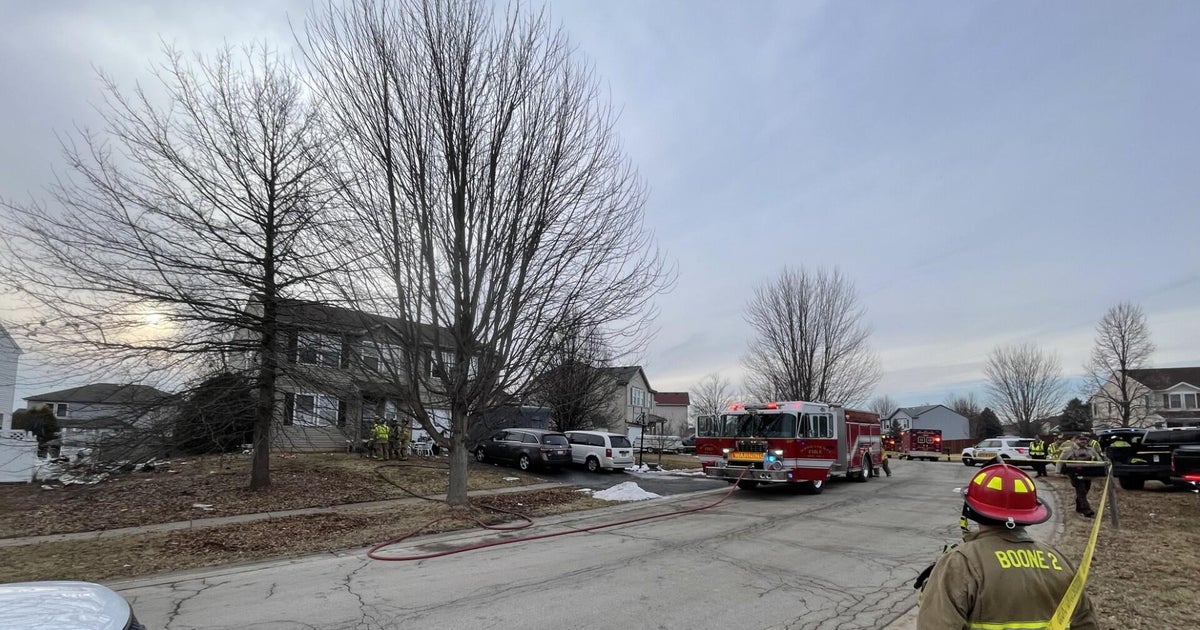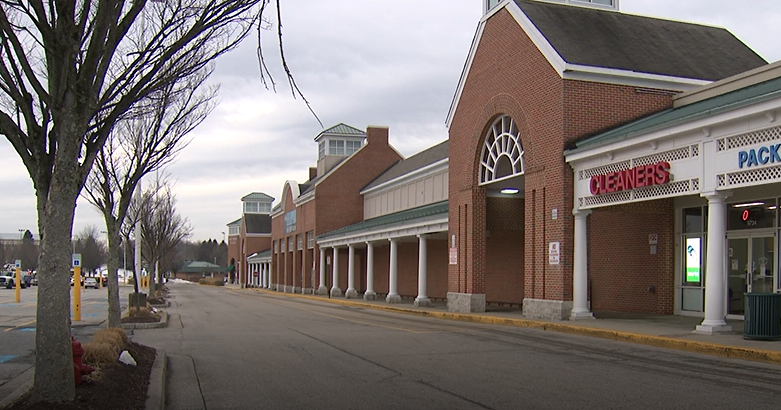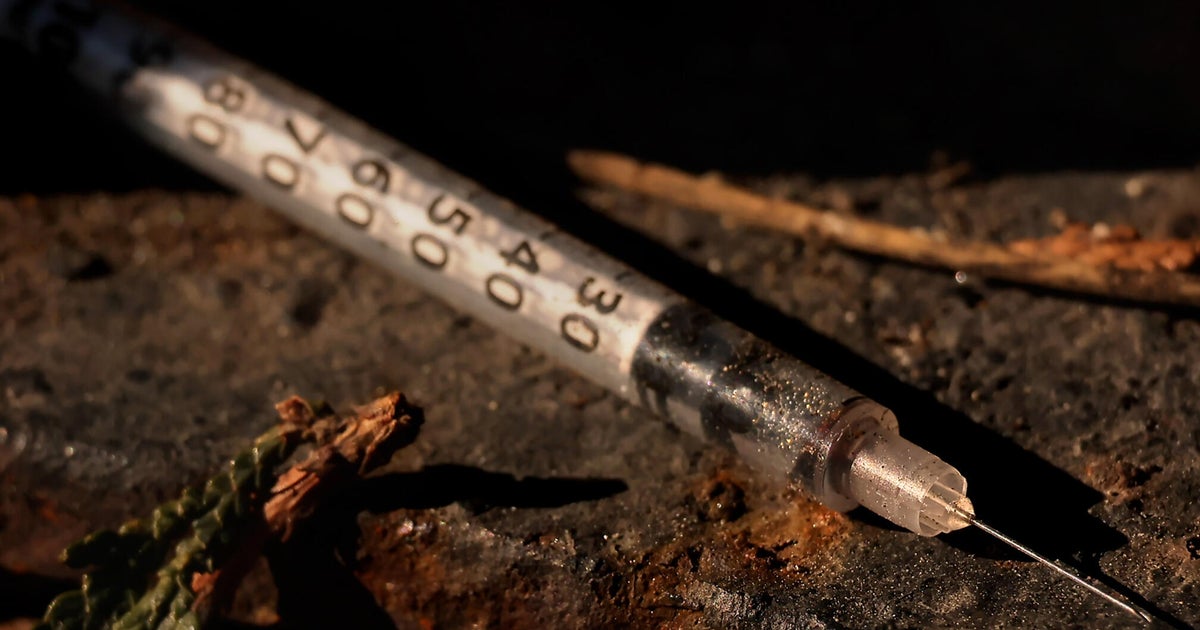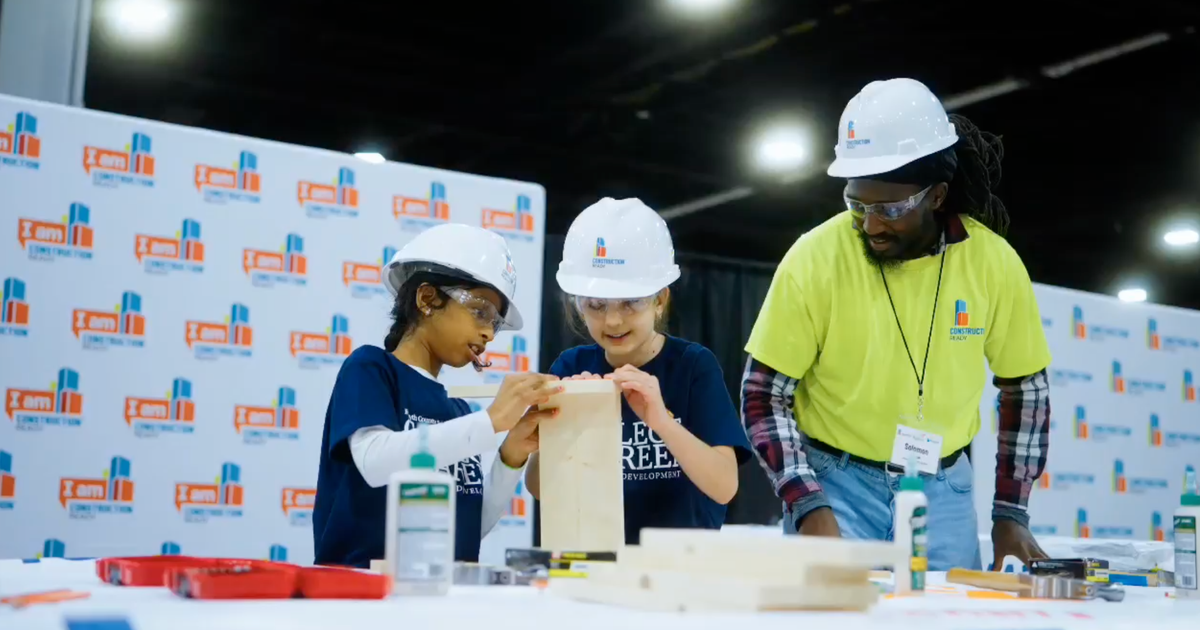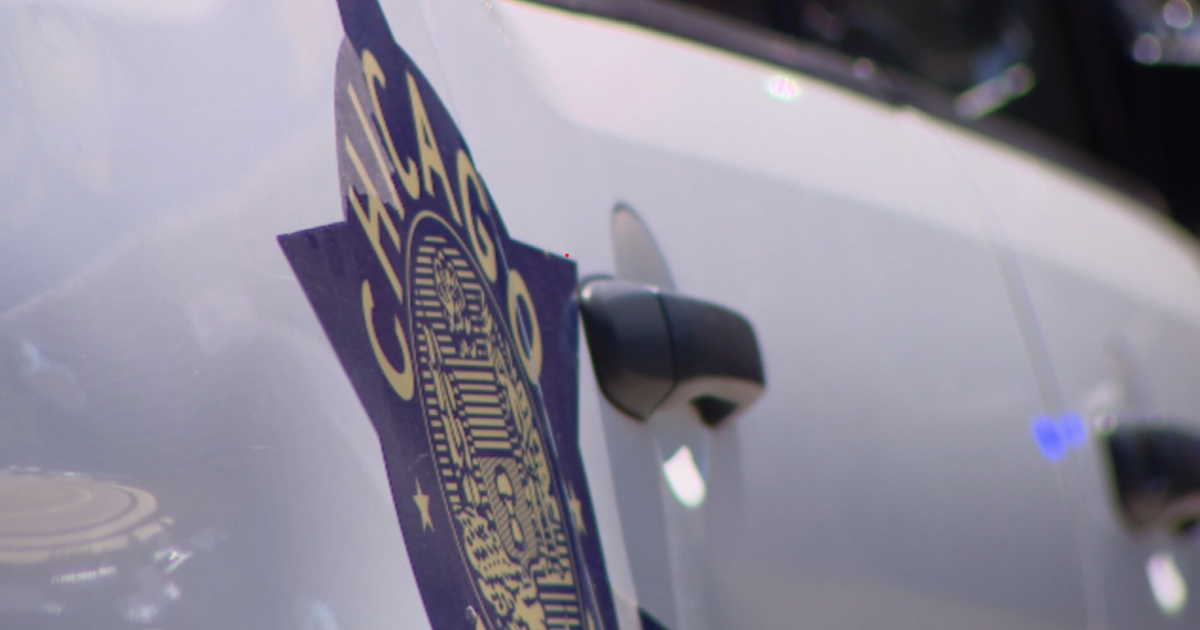Investigation Expands After Cracks Found In Southwest Planes
LINTHICUM, Md. (WJZ) — The federal government is mandating new safety inspections after a hole ripped open in a Southwest jet.
Mike Hellgren reports some say the government's current inspection isn't thorough enough.
On Friday, Southwest's 737-300 series plane was forced to make an emergency landing in Yuma, Ariz. when its roof tore open, more than 30,000 feet up.
"It was not believed that this was an area that could fail until we see it now," said Robert Sumwalt, National Transportation Safety Board.
Normal inspections don't cover this type of cracking. Southwest has so many short flights that have compression and decompression, some experts say their planes are more prone to metal fatigue.
Because of that massive hole on the Southwest Boeing 737-300 jet, the government ordered emergency inspections for many 737s.
Southwest has already completed voluntary inspections for the most aging aircraft and found cracking in five jets. Several flights nationwide -- including to and from BWI-- had to be canceled.
"It's a very, very strong action," said Michael Goldfarb, former FAA Chief of Staff. "What the board is finding is the lapjoints where the skin comes together at the most pressurized part of the aircraft -- at the crown, at the roof -- prior to this has never been inspected other than visually. It was never assumed you could propagate little cracks there."
The inspections use electromagnetic current to detect any cracking in the fuselage. The plane that ripped open has been in service more than 15 years, with almost 40,000 take-offs and landings.
"When you pressurize it, it kind of stretches it open and depressurize it, it shrinks back down. You do that over and over and over, it's like breaking a lip off a tuna can, and you're gonna get cracks," said Kit Sodergren, professor of aeronautics.
"As long as the aircraft is being maintained properly, you can get the lifespan up to 75,000 to 80,000 cycles," said Mark Rosenker, former NTSB Chairman.
The NTSB believes the rest of the Boeing fleet is safe.
"We have no reason to believe that there are significant difficulties or deficiencies in the fleet of airplanes that are flying," said Sumwalt.
A similar incident happened two years ago on a flight bound for Baltimore, where part of the fuselage ripped open in the air.
Most travelers say this won't stop them from flying.
"I feel like when something like that happens they're going to put some extra care into the next flights going out," said Beth Hackett, Southwest passenger.
The 737-300 aircraft are no longer manufactured. Southwest says they never knew about the potential for any problems where the overlapping aluminum panels are attached together.
Some are now calling for stricter inspection guidelines.
"Combined with many cycles and oversight for the maintenance of the planes, if you have problems there, you are creating a potential safety problem," said Goldfarb.
Southwest has never had a fatal incident. Delays at BWI Marshall are very minor, but it's a good idea to check ahead.
The data and voice recorders of the flight that had the hole ripped out are now being analyzed.
